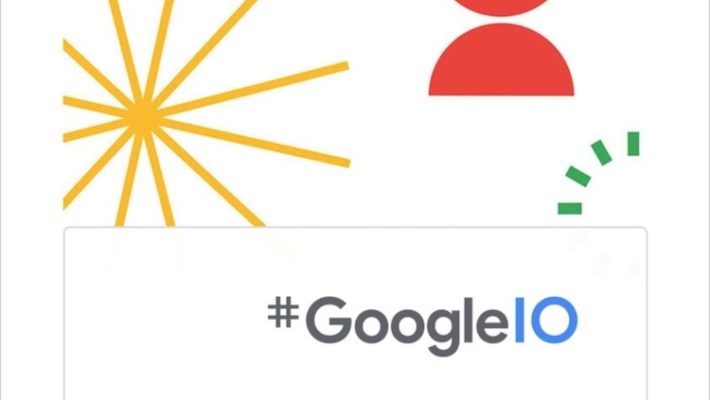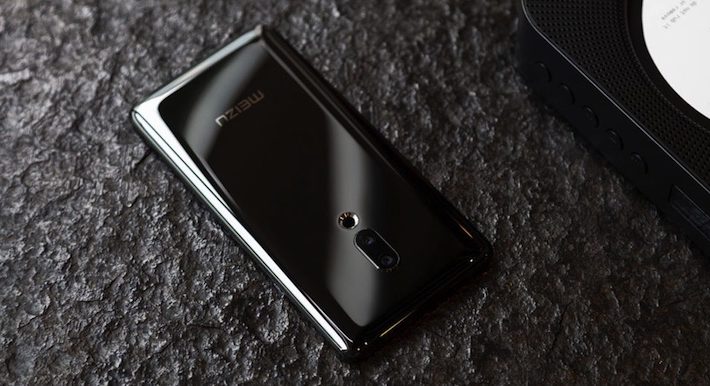While we have become accustomed to calling Google’s first foldable device the Pixel Fold, there is now evidence that the smartphone could release under a different name.
A recent report from 9to5Google revealed that Google is currently using “Pixel Notepad” as a working brand name as it finalizes plans on an official moniker. The name “Logbook” was also considered, in addition to adding “5G” to the branding. Overall, the source noted that these names could all be decoys to hide the true name of the Pixel device.
So far, media has stuck to calling the Google foldable the Pixel Fold due to the easy association with foldables and the branding, such as the Samsung Galaxy Fold series. However, many new foldables are quickly moving away from naming conventions that have to do with folding, such as the recently announced Honor Magic V (though one could argue that the V looks like an open folded phone), and the Oppo Find N.
There are many indications that Google is doing its best to differentiate from Samsung foldables. First, sources indicate that the Pixel foldable is set to be less expensive than the Galaxy Z Fold 3, which launched in August 2021 for $1,799. Samsung itself gave the foldable a significant price cut from the original Galaxy Fold, which sold for $2,000 in 2019.
Second, Google’s Android 12L Beta 2 software for tablets and foldables revealed details within its code that the upcoming Pixel foldable might have a design more like the Oppo Find N than the Samsung Galaxy Z Fold 3, with a similar inner display size and aspect ratio. The Oppo Find N has a 7.1-inch inner display with an 8.4:9 aspect ratio for reference. Early rumors have suggested the Google Pixel foldable might have a 7.6-inch inner display with a 7:8 aspect ratio.
With its shift to more in-house components, reports have long indicated that the Pixel foldable will likely have a Google Tensor chip and a camera lens from the Pixel 5 rather than the Pixel 6. Media reports have seen this as a downgrade, however, such moves on Google’s part are strategies to keep the device’s price low.
There remains no word from where Google will source its foldable panels. While there have been murmurs that Google was interested in using Samsung’s UTG, Ultra-thin Glass for the Pixel foldable, so far, the Korean brand has only outfitted its technology on its own foldable devices.


